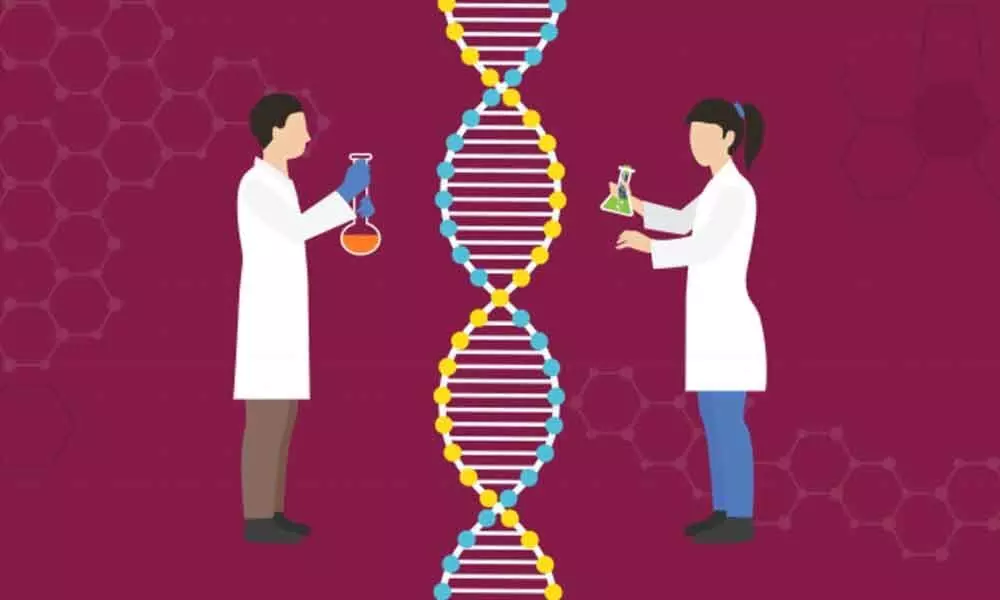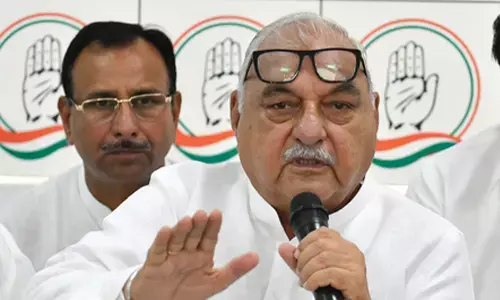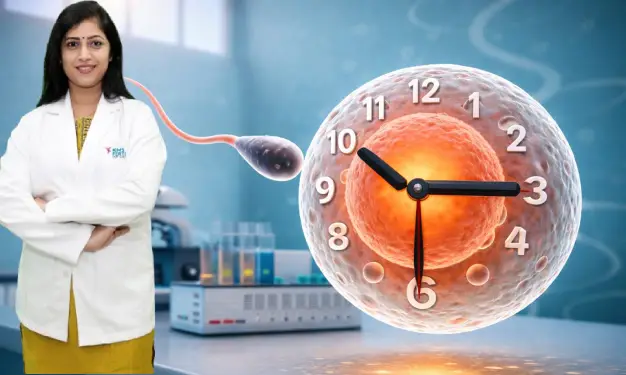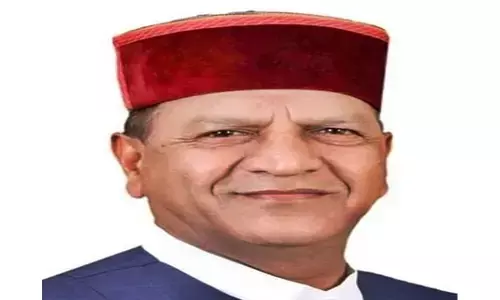US university to collaborate with AIIMS on genetics

A top American university will expand genetic testing in India in partnership with the All India Institute of Medical Sciences in Delhi and the Kasturba Medical College in Manipal.
Washington (PTI): A top American university will expand genetic testing in India in partnership with the All India Institute of Medical Sciences in Delhi and the Kasturba Medical College in Manipal. A USD 2.3 million grant from the National Institute of Health over five years will help the University of Michigan and Indian geneticists identify and confirm genetic changes that are the basis of developmental disorders.
Noting that seven out of 10 children with developmental disorders in India do not receive genetic testing, the university, in a media release on Wednesday, said the study hopes that with greater access to genetic testing, children with developmental disorders of genetic origin will be more likely to receive a molecularly confirmed diagnosis.
"An accurate molecular diagnosis can dramatically improve care management of individuals with rare developmental disorders and involved treatments," Stephanie Bielas, associate professor of human genetics at the U-M Medical School, said. "Without a genetic diagnosis, individuals with rare disorders can incur inappropriate care and medical procedures," she said.
Advanced genetic tests like exome sequencing are often out of reach of many Indian patients because of the cost, and it often requires a multidisciplinary group of experts. Bielas, the university said, has been working with her partners in AIIMS and Manipal, a city in the southern state of Karnataka for the last four years, building on the technological and organisational infrastructure needed to improve access to genetic testing.
During this time, they have identified sequencing partners, developed the platforms needed to analyse sequence data, and trained teams who can interpret the sequence and go back to the families with the results. Integrating genetic counselling into the continuum of genetic testing is an important part of increasing access to genetic testing, Bielas said.
"It is only when the families understand the results of the genetic test and the risk for recurrence that the benefits of genetic testing for families and communities are realised," she said. India is home to 1.3 billion people and represents 20 per cent of the world's population. But less than one per cent of the genomic data used for research comes from this region. Researchers hope that uncovering this genetic diversity will provide a better understanding of the human genome and differences in the presentation of inherited developmental disorders, it said.
The researchers also want to establish an accessible database that can be shared with other scientists and institutions for research and to contribute to responsible development of genomic medicine in India and beyond, the university said.









